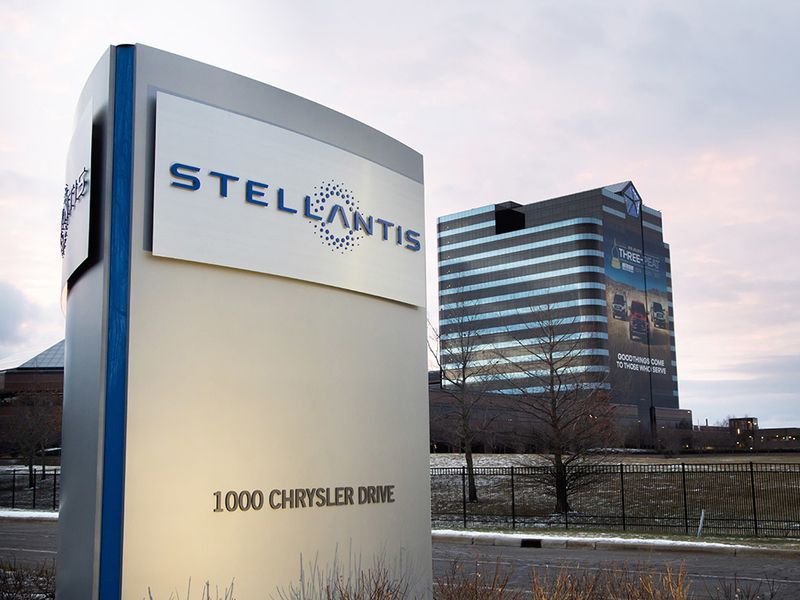
DETROIT — Stellantis wants white-collar employees to think of the workplace as a tool, not merely as an office where they work.
This mindset underscores the automaker’s global effort to reimagine its workplace strategy, dubbed the “New Era of Agility,” that it will adopt as the world moves past the pandemic.
The automaker, renamed Stellantis after the merger of Fiat Chrysler Automobiles with PSA Group, envisions a hybrid working model that will see employees spend 70 percent of their time working remotely while 30 percent is spent on-site.
Stellantis plans to begin a pilot project in October at the Chrysler Technical Center in Auburn Hills, Mich., to test the approach. The project is expected to last four to six weeks.
Shannon Dziuda, human resources special projects lead for Stellantis North America, said the company sees its team “using the workplace to connect and collaborate with colleagues and participate in workshops and project management activities.”
Dziuda said lessons learned during the technical center pilot will be used for other groups and countries that eventually will come on board according to a rolling schedule. While developing the plan, Dziuda said employee feedback showed that 84 percent of the team “prefers remote work, or a blend, in the future.”
Over the next several months, Stellantis said the plan calls for employees to clean out their workspaces, which includes securing and consolidating files and records. Doing so, Dzuida said, will “enable the hybrid” model in the workplace.
“There will be individual and group spaces available to be booked when individuals want to come into the office,” she told Automotive News. “So individuals will still be able to go in and work on an individual basis if they want. Again, we want that time to be deliberate, so this is an effort to really change that mindset of tying your workspace to your productivity, or your time in the office to productivity, because we’ve learned over the last year that they can be perfectly effective and productive at home.”
Dziuda said employees will continue to work remotely if they’re already doing so for now, and they’ll go into the office for short durations to clean up their workspaces in the months to come. She said the formulation of this plan has been a comprehensive, global undertaking.
“This is a new mindset and consistent with the mindset, we see office space as another work tool that provides our team flexibility to determine when it’s optimal to be on-site,” Dziuda said.
“We want the decision to come into a facility to be intentional and based on what works best for individuals and the company, and supports the health and well-being of the team.”
Stellantis’ competitors in the Detroit area — Ford Motor Co. and General Motors — have also been analyzing back-to-work plans. The Michigan Occupational Safety and Health Administration a month ago extended emergency rules set to expire in April that banned nonessential in-person office work. The ban extends until Oct. 14 but can be modified or withdrawn at any time. Michigan’s coronavirus infection rates have been declining in recent weeks with the increase in vaccinations and the state has begun easing certain restrictions.

